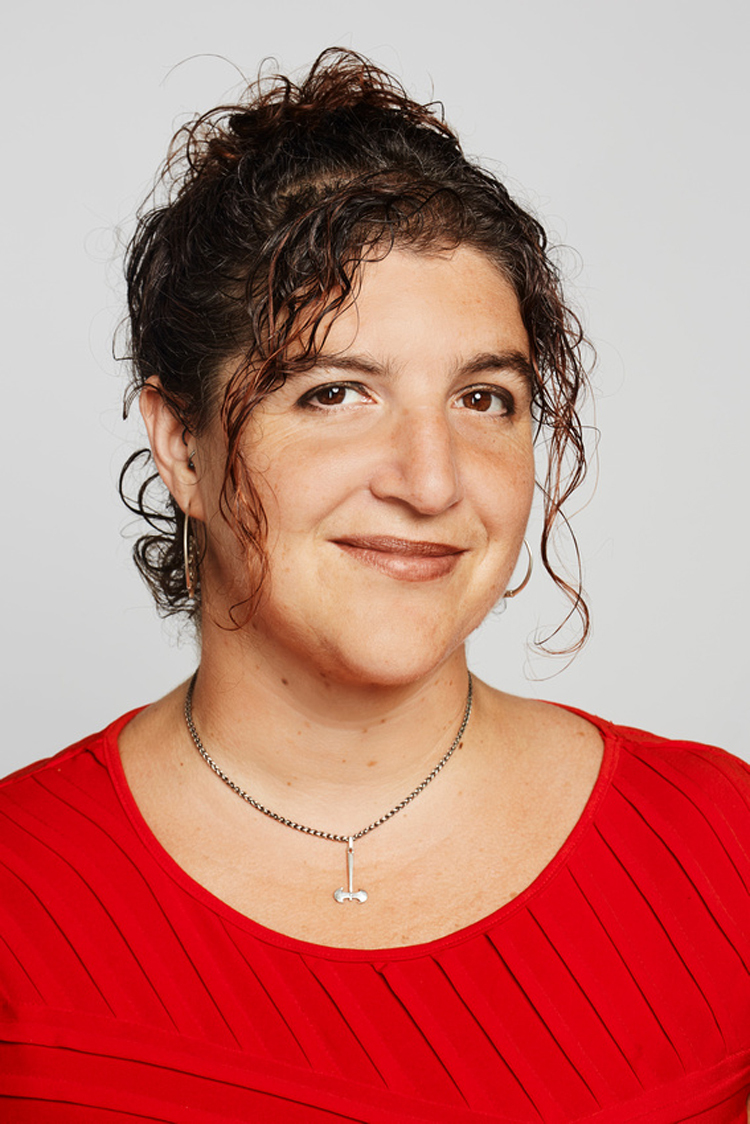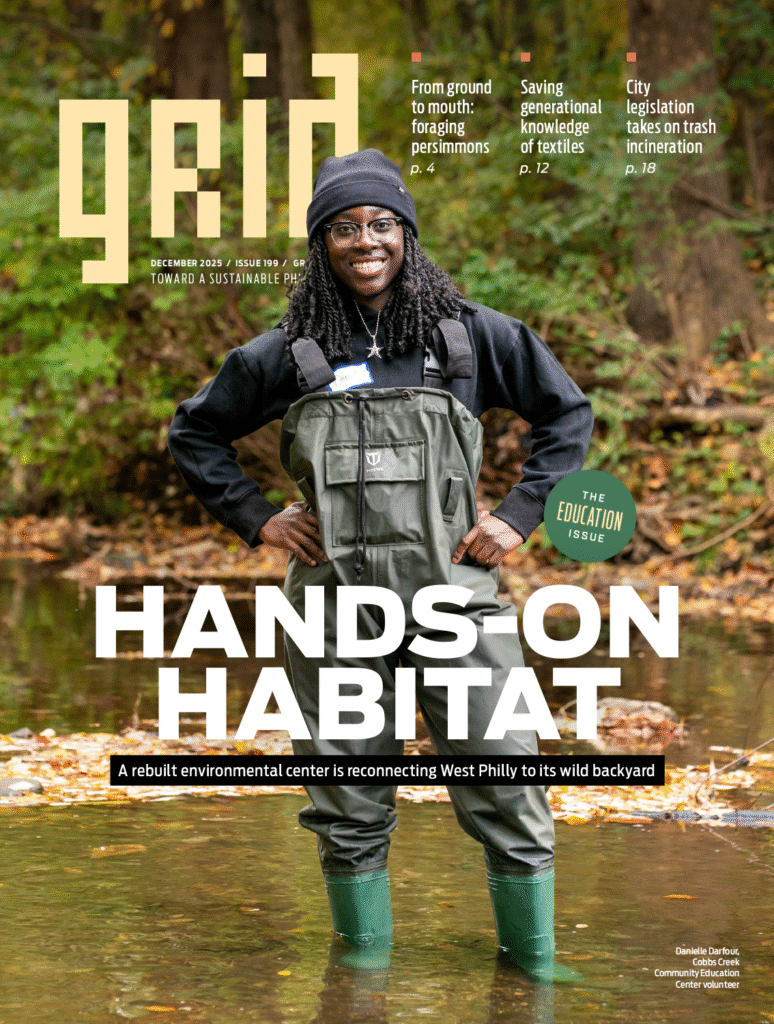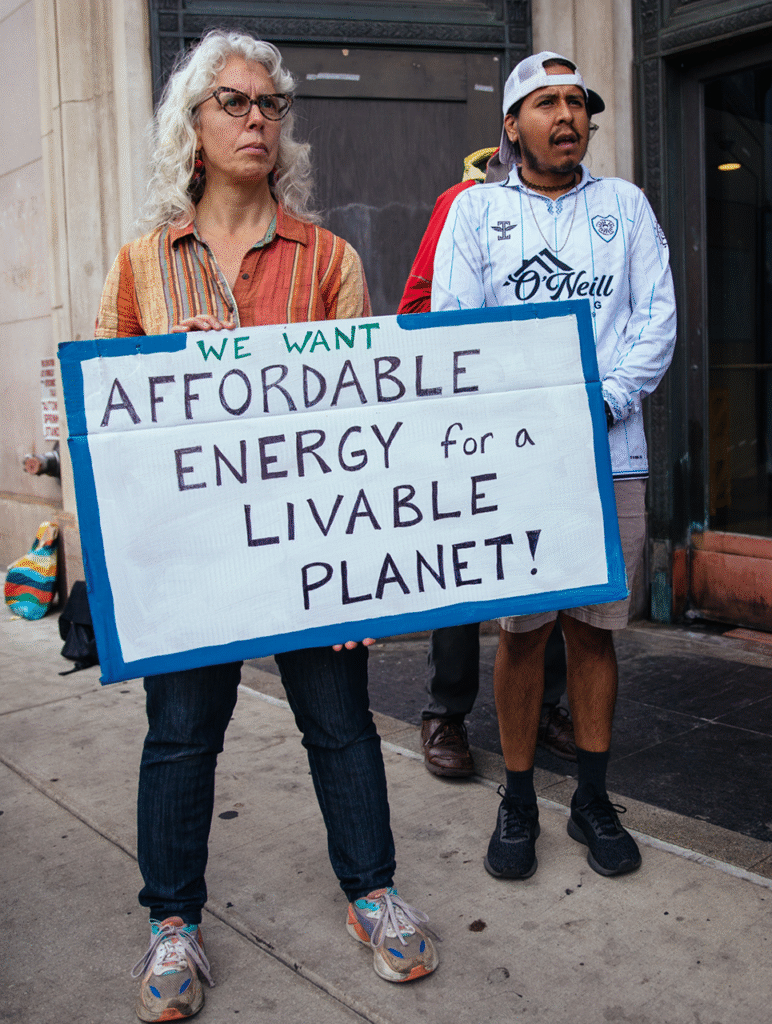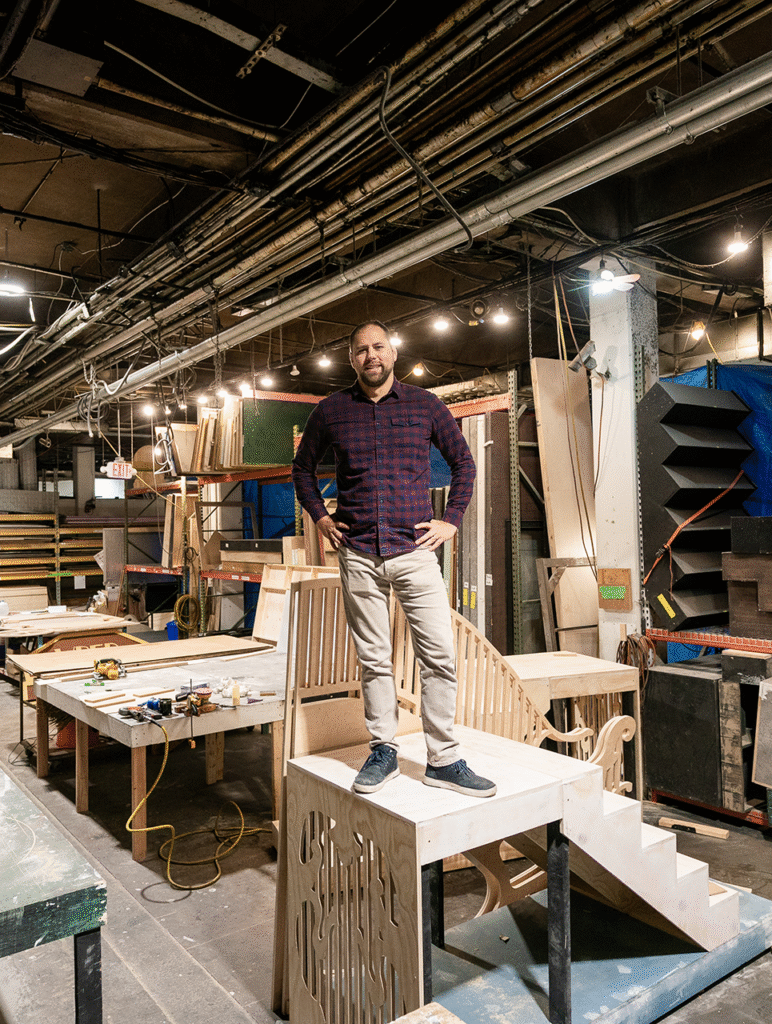portrait by Mark Likosky
“Anything I list as an accomplishment resulted from collective power and voice. Social justice—whether for land and food sovereignty, education access, housing rights or protection from police abuse—must center on collaboration, shared leadership and community power. And on the crucial fact that Black lives matter—all Black lives.”— AC
Amy Laura Cahn has got our back. Cahn is an uncompromising believer in social and economic and environmental justice who has left everything she’s worked on better in her wake: It’s good to have a law shark looking out for our community’s values and assets.
Even before her days as staff attorney with Philadelphia’s Public Interest Law Center, Cahn was working in New York City to protect kids from lead paint poisoning and starting Bluestockings, a radical feminist bookstore and activist center on the Lower East Side of Manhattan. She worked with the community organizing department at the ACLU of Pennsylvania, and then while at Penn Law, she worked with Advocates for Environmental Human Rights, the Delaware Riverkeeper Network and the National Resources Defense Council’s Environmental Justice Project.
As part of her job directing the Law Center’s Garden Justice Legal Initiative, Cahn worked with her partners in the Eastwick Community in 2012 to prevent the floodplain development of 128 acres next to Heinz Refuge. Cahn says she was honored to have been part of the work, which “brought attention to a host of environmental justice issues faced by the neighborhood, dating back to urban renewal.”
In 2013, she worked with a strong coalition to defeat a City Council bill that would have removed protections for urban agriculture written into Philadelphia’s new zoning code, and, that following year, worked with the same partners to ensure that the Land Bank strategic plan protected existing community gardens. Cahn believes it signals “a huge paradigm shift and commitment to preserving Philadelphia’s legacy of community-managed open spaces.”
Though her thoughtfulness can be mistaken for reserve, make no mistake: Cahn has hard questions for Philadelphia. “How will we ensure that all Philadelphians get to put down roots in healthy and affordable neighborhoods?” she asks. “That all residents have a meaningful voice in the development and future of their neighborhood? It is past time for efforts at equitable development to give life to redistributive justice for historically marginalized and disinvested communities.”










